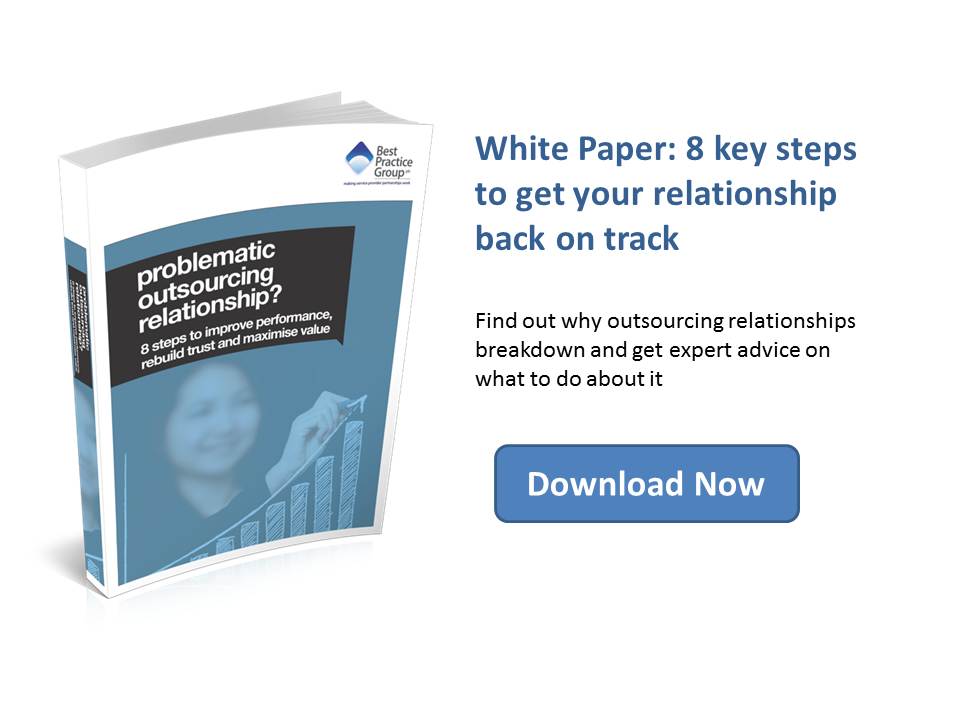 ‘Chief Executives beware’ was the implied message from UNISON in respect of a recent employment tribunal decision that went against Barnet Council. UNISON’s recent press release suggested it was celebrating the conclusion of their “two year battle” against Barnet Council to win compensation for their members affected by redundancies. The words ‘landmark legal victory’ are emblazoned across its title, but was it really a ‘landmark victory’, who really benefits from the decision and what lessons can be learned for the future?
‘Chief Executives beware’ was the implied message from UNISON in respect of a recent employment tribunal decision that went against Barnet Council. UNISON’s recent press release suggested it was celebrating the conclusion of their “two year battle” against Barnet Council to win compensation for their members affected by redundancies. The words ‘landmark legal victory’ are emblazoned across its title, but was it really a ‘landmark victory’, who really benefits from the decision and what lessons can be learned for the future?
We have asked respected solicitor and Partner at Shoosmiths Solicitors, Paul Carney, to give us his opinion on the facts of the case.
My first question to him was whether in fact this had been a ‘landmark’ decision?
Paul’s response was very revealing: “I tend not to agree with the headline ‘landmark’ victory. ‘Landmark’ tends to indicate that something has happened against the odds or in contradiction of a precedent. That does not appear to me to be what happened here.”
What follows is a combination of review and comment on just why Paul feels this is the case, and why we support his view.
The background facts
Due to central government austerity measures and pressure on the local authority to cut its headcount to reduce costs, the London Borough of Barnet agreed to outsource a number of services to a private sector partner, Capita. While enabling the council to achieve its financial commitments by entering into this partnership, it was hoping to save many of the jobs that it believes would have otherwise been lost.
As part of this transfer of responsibility and resources, a number of staff were transferred to Capita. The administrative burden involved in this became very significant for the council. In the face of severe staff shortages, the council needed help. After an internal review it was determined that the help they required could not be found in-house, so the council hired specialist agency staff to take on the task.
Councils are responsible for full disclosure of agency staff in such circumstances to the unions: herein lay the issue for Barnet Council. Under significant resource pressure, it appears the council was not able to fully comply with its statutory duties.
UNISON complained that Barnet Council had been less than transparent and took them to an employment tribunal. The tribunal’s decision was that Barnet was instructed to pay compensation of the maximum award. According to Paul: “The tribunal stated that, as it was not sure as to where to begin in determining the quantum (amount) of an award, it would start with and stick with the maximum.”
Barnet was surprised at this ruling. In fairness, it appears that:
- Barnet Council had engaged with UNISON and other trade unions to inform them initially of their proposal to make certain employees redundant, albeit far fewer redundancies than if the Capita outsourcing agreement had not taken place;
- When these redundancies were to happen; and
- That some agency staff would be used to support council staff during the transition of services to Capita.
Maximum awards are usually metered out in the event of wanton non-disclosure, but in this case, Barnet had sought to achieve the right outcome for its staff, although it had not achieved full compliance.
In the interests of fairness, Barnet Council understandably took the case to the Employment Appeals Tribunal (EAT) to review this award. The EAT agreed that Barnet had indeed proven that they had attempted to follow the correct procedure. UNISON’S own press release stated: “The EAT held that the tribunal had got its approach to calculating protective awards wrong and it referred the matter back to them.”
So what legal duties were breached and what lessons can be learned
When the case was originally taken to the employment tribunal, it was determined that Barnet had not complied with all of its statutory duties under section 188 of The Trade Union and Labour Relations (Consolidation) Act 1992 (TULCRA), and Regulation 13 of The Transfer of Undertakings (Protection of Employment) Regulations 2006 (TUPE). Barnet willingly accepted this ruling; they simply wanted to ensure that correct levels of compensation for its partial non-compliance were established.
A more balanced view
We believe UNISON do really good work on behalf of their public sector members. They do their level best to ensure their member’s rights are protected and not taken advantage of.
The statements in the press release from UNISON regarding this case, however, we believe are misleading. From the details in the case, it seems that Barnet had not sought any deliberate delay, but rather tried to achieve a fair outcome to benefit all involved.
If the council had conceded to simply pay the maximum award without validating that award, it would have caused further unnecessary job losses through even further increased financial pressure on the council.
We asked Paul Carney for his view on the case and the press release issues by UNISON:
‘Last year the union successfully argued that Barnet Council failed to provide it with information on agency workers, as part of a wider consultation in 2012.’
Far from failing to provide the union with information on agency workers, the council had gone to some lengths to do so. However, they did not fully comply with all of their disclosure requirements under their statutory duties.
Paul stated: “This case appears to me to be one where a local authority (in this case) had a plan, a structure for that plan and then found it was seriously short of resources when implementing that plan. It was criticised by the tribunal for falling short of its statutory compliance obligations. I could not see anywhere in the judgment a reference to a challenge against the plan itself (vis. to make minimal redundancies and to affect transfers) or, indeed the structure of that plan.”
‘UNISON has now negotiated a settlement with the council that allows affected employees to be paid compensation without the need to relitigate the matter in the tribunal.’
“This implies that Barnet wanted to delay things further, or that UNISON had a choice. However, this is not the case. The EAT had already ruled that the maximum award was excessive in this case and the Union’s compensation options were limited. This made an agreement inevitable.”
‘Barnet Council dragged its heels and delayed payment to these workers by appealing the case. At last we have some good news and the affected workers will now be paid their compensation, which is both long-awaited and well deserved.’
This appears to be a further misleading statement within the UNISON press release. Barnet was not disputing the findings of the original employment tribunal. They were simply looking to ensure that the correct compensation was allocated. As a guardian of public finances, what would you prefer? A council that simply accepts a wrongful decision, or one that uses due diligence to ensure any financial award was fair and reflective to ensure jobs are preserved and more money is available for front line public services?
As Paul explained: “…the whole basis of the EAT decision was to tell the (original) tribunal that it had made too high an award as it had misapplied the guidance it had used.”
Conclusion
As part of their press release, UNISON General Secretary Dave Prentis said: “The council breached the law and undermined the union’s ability to carry out its role, and this decision should serve as a warning to other councils that they must provide information on agency staff to trade unions or suffer the consequences.”
So what can we learn from this event? Where statutory compliance is at risk because of financial austerity measures, you just have to make sure you resource these activities appropriately. Don’t just hope for the best. Make sure you undertake appropriate due diligence on your resources to be able to undertake and achieve compliance. The cost of resourcing is many, many times lower than the significant financial compensation awards made either by the tribunal or the appeals process in these cases.
The result of not complying? Significant financial awards against you, unions claiming surreptitious behaviour from employers, a loss of trust in your workforce and serious reputational loss. How will that sort of behaviour, as inadvertent as it might be, drive innovative service outcomes from your staff teams to help you with improving services under severe financial constraints?
To sum up his opinion on the matter, Paul said: “This does not strike me as being a momentous or landmark decision of any kind. Rather, it is a salutary warning for employers (not just in the public sector) to make sure they comply, however difficult it may appear, by the letter of the law as well as the spirit.”
Thankfully, it seems that the EAT has seen sense prevail here. The potential for an excessive compensation claim has been quashed by the EAT and a conclusion to ensure a fair outcome to all involved has been found.


